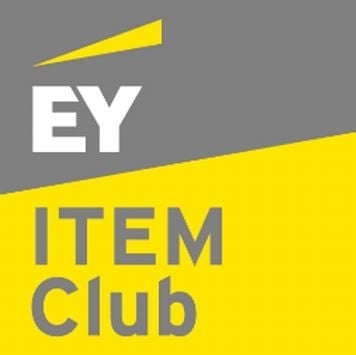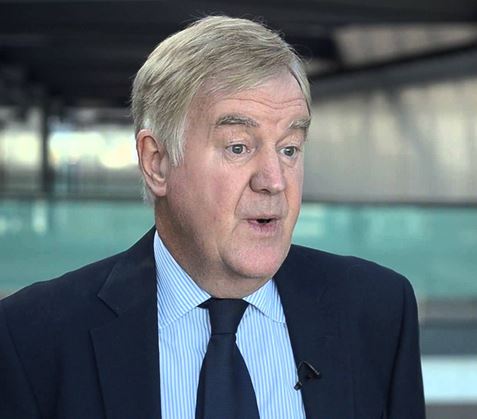The UK-based economic forecasting group, the EY ITEM Club, predicts that inflation will remain below 1% for most of 2015 and interest rates will not rise before 2016.
The EY ITEM Club is expected to officially forecast on Monday that the gradual tightening of policy will not start until the beginning of next year.
Senior economic advisor to the EY ITEM Club (the Club), Martin Beck, said that another surprisingly large fall in inflation in December significantly raises the likelihood of a negative reading over the next few months. He is convinced that ultra-low inflation will delay the first rate hike until 2016.
Mr. Beck said earlier this week:
“This is the joint lowest rate on record and represents the second successive monthly downside surprise. Food and petrol reduced inflation by 0.2 and 0.4 percentage points respectively, but core inflation was also subdued at just 1.3%.”
“Looking ahead, a further drop in inflation rates looks certain with the latest declines in the oil price still to feed through. The weekly DECC (Department of Energy and Climate Change) data suggests that pump prices are already nearly 7% below the December average and there is a good chance that they will fall further over the remainder of the month, as the more recent declines in crude oil prices feed through.”
The EY ITEM Club produces quarterly economic UK forecasts which are commonly quoted in the news media. Founded in 1977, it is sponsored by Ernst & Young LLP. (ITEM stands for Independent Treasury Economic Model)
Annual inflation in December fell to 0.5% from 1% in November. The CPI fell to its lowest level since May 2000.
The Club believes the oil price decline will also reduce production costs across a range of sectors, which will bear downward pressure on inflation as it feeds along the supply chain.
The Consumer Price Index (CPI) should continue in positive territory this month, but a negative reading next month is looking more likely. “This is indisputably good news for the UK consumer and should generate a renewed momentum in the UK economy this year,” Mr. Beck commented.
Mark Carney, the Governor of the Bank of England, will have to write a letter of explanation to the Chancellor George Osborne, outlining why inflation has veered by more than one percentage point from the 2% annual target. The letter is unlikely to be written until after the minutes of the February MPC (Monetary Policy Committee) meeting are published in just over five weeks’ time.
Regarding the letter, Mr. Beck said:
“This will be the first ever letter to explain an undershoot and we expect the Governor to say that the very low rates of inflation will be temporary and will help to boost growth, so there is no question of further stimulus being required.”
Mr. Beck doubts the letter will include details of when rates are likely to go up.
The Club’s chief economic adviser, Professor Peter Spencer said:
“The falling oil price comes just as the recovery was losing momentum. We have described the previous weakness of commodity prices as a silver lining in the storm clouds gathering over the world economy. But this has turned to gold.”
Prof. Spencer does not expect interest rates to go up this year, despite the booming economy, because of the declining costs of oil and other raw materials.
Prof. Spencer, who is also Professor of Economics and Finance at the University of York, added:
“It’s very difficult for the Bank of England’s Monetary Policy Committee. It’s hard to see a rate rise. The fall in commodity prices will mean one or two years of very low inflation.”
It would be extremely difficult to hike interest rates when the MPC is already undershooting its target, Prof. Spencer pointed out.
Mr. Carney said in December that plummeting oil prices were an “unambiguously net positive” for the British economy.
Prime Minister David Cameron has called on companies to pay their employees more now that oil prices have dropped and they are making more money. The benefits should be passed on to workers, Mr. Cameron added.



